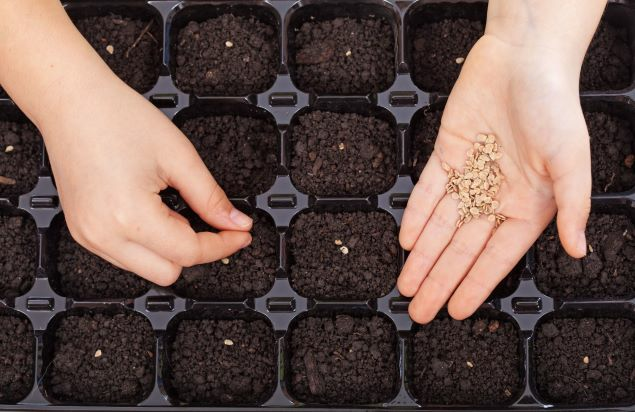
3 tips for sustainable cultivation
For most gardeners, the gardening season begins with growing plants on the windowsill or in the greenhouse. To grow healthy, hardy, organic seedlings without harming the environment, here are three tips for sustainable cultivation.
Making your own potting soil/ sowing soil
Conventional potting soil often contains peat. Although peat is very rich in nutrients and has a high water retention capacity, it is extracted from bogs. This releases an enormous amount of carbon dioxide into the atmosphere. In Germany alone, peat extraction accounts for around 7% of our greenhouse gas emissions. In addition, valuable habitats are destroyed in the process, putting many already rare animal and plant species at even greater risk.
Forthese reasons, it is worth making your own potting compost. You can find instructions on how to do this and more information on potting soil and its benefits in our article on the subject.
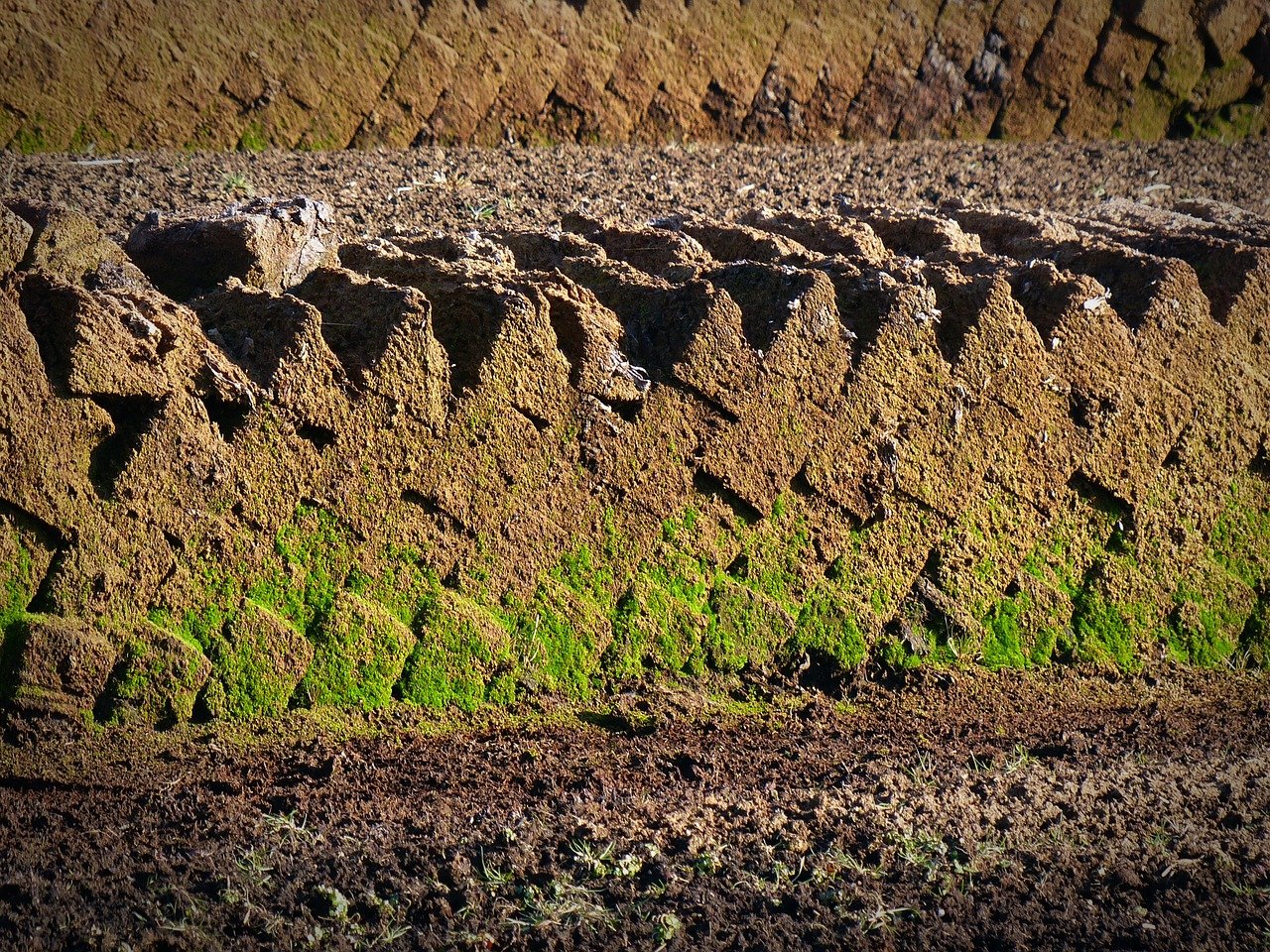
Plastic-free gardening!
Every year, more than 13,000 tons of plastic are produced by the agricultural sector in Germany (+ around 6,000 tons end up in the fields due to plastic waste drifting away). In relation to the area used for agriculture, this amounts to around 1.1 kg of plastic per hectare per year. Plastic has therefore become a major problem in the fields. In particular, residues in organic fertilizers such as sewage sludge, composts and fermentation residues cause a lot of plastic to enter the soil. In addition, there are further inputs from other fertilizers, pesticides, seeds and other inputs such as nets, films and pots (NABU, 2021).
How to avoid plastic:
- To avoid unnecessary plastic waste when growing, you should not use plastic p ots. There are pots that are made of coconut fibers and can be planted in. However, experience has shown that these pots are susceptible to mold if watered regularly and can disintegrate after a certain period of time. You should bear this in mind, especially with young plants that remain in the growing pot for a relatively long time.
- Upcycling: Of course, you can always recycle things, turn them into pots and use them twice. For example, old berry trays, egg cartons, yoghurt pots (make sure they are disposed of correctly!) or Tetra packs can also be used as pots for growing. Paper pots can also be rolled out of newspaper with a little practice.
Completely waste-free with the soil baler
There isno need for a pot at all with the pot press. This is a press that can be used to press small balls of soil for propagation. This saves a lot of waste and makes it easier to plant the young plants. You can find out how to use a potting press and what its advantages are in our article on the subject.
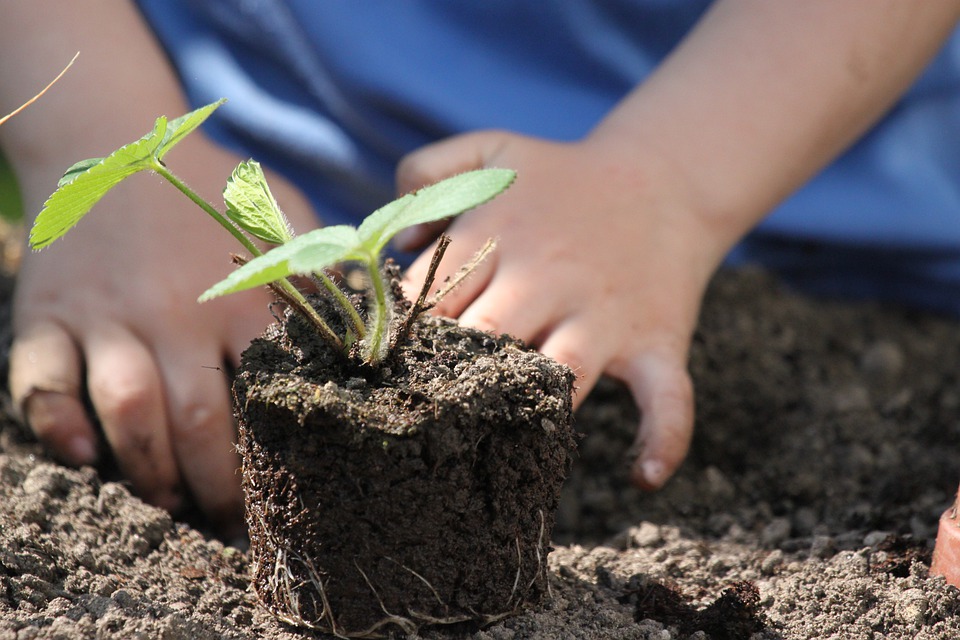
Organic, seed-resistant seeds
In order to grow resistant, healthy young plants, you should use organically produced, seed-resistant seed. Due to the lack of pest control options in organic farming, these mother plants are selected for their resistance. In addition, organically produced seeds are not contaminated by synthetic chemical pesticides and the mother plants thrive on organically cultivated fields.
In addition, organically approved seeds are in most cases seed-resistant. This means you can grow your own seeds for replanting. You can find out how to propagate vegetable varieties and obtain your own seeds here. You can find out more about choosing varieties and information about old varieties and their advantages in the article on this topic.
And now have fun & success with your cultivation! If you have any questions or comments, please write to us at [email protected].
Would you like to receive helpful gardening tips all year round and plan your own beds optimally? Then register here or download the Fryd app for Android or iOS.
Fryd - your digital bed planner

Marie
Marie is an agronomist. She is particularly interested in the sustainable and organic cultivation of vegetables and other plants. In her own garden, she gained experience and likes to try things out to learn from nature. She is particularly interested in the values and principles of permaculture, in order to contribute not only to the well-being of nature, but also to the well-being of people and future generations.
Learn MoreCurrent Topics in the Community
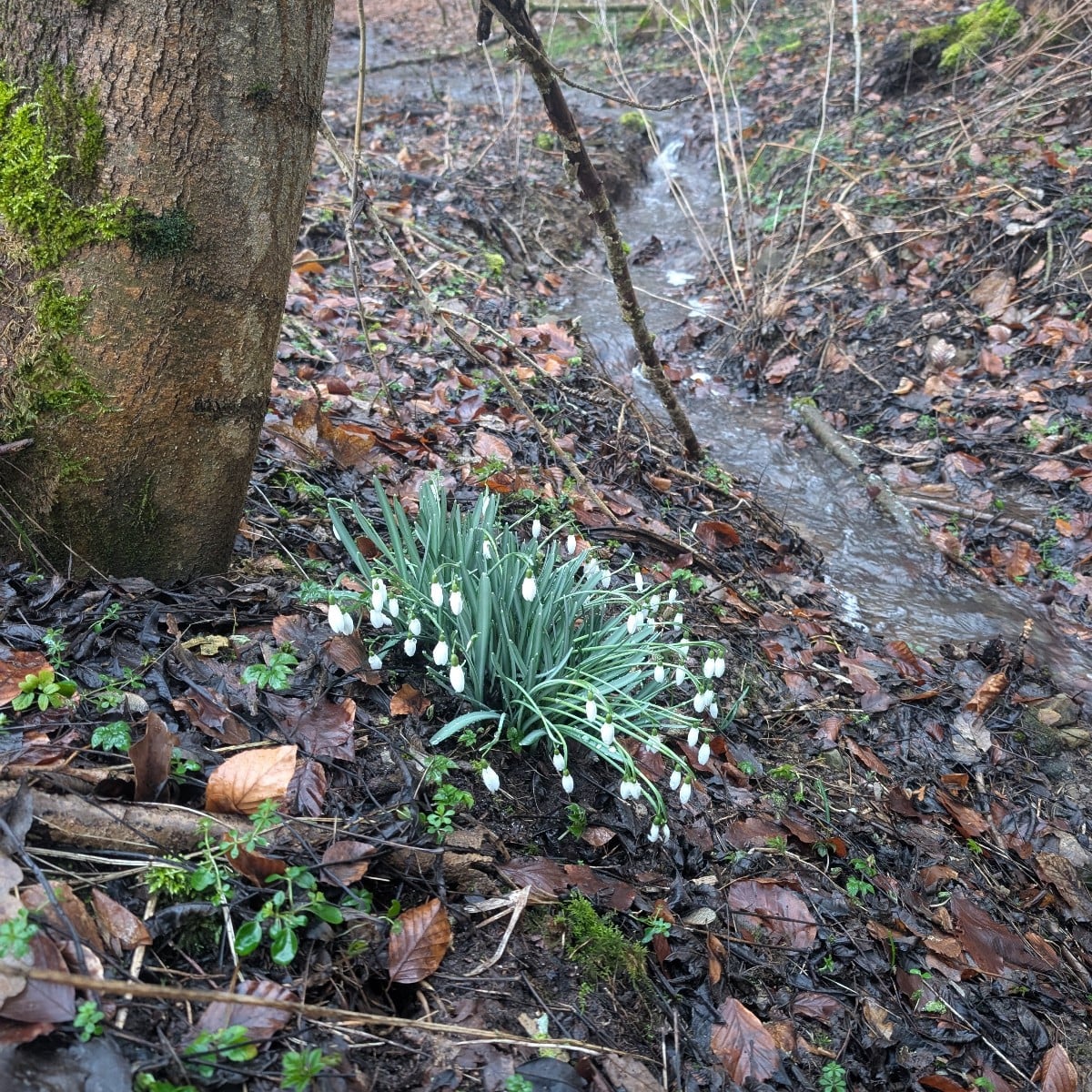
Liked 2 times
Spring is beginning, and with it my journey into my first year with a garden.
Show 1 answer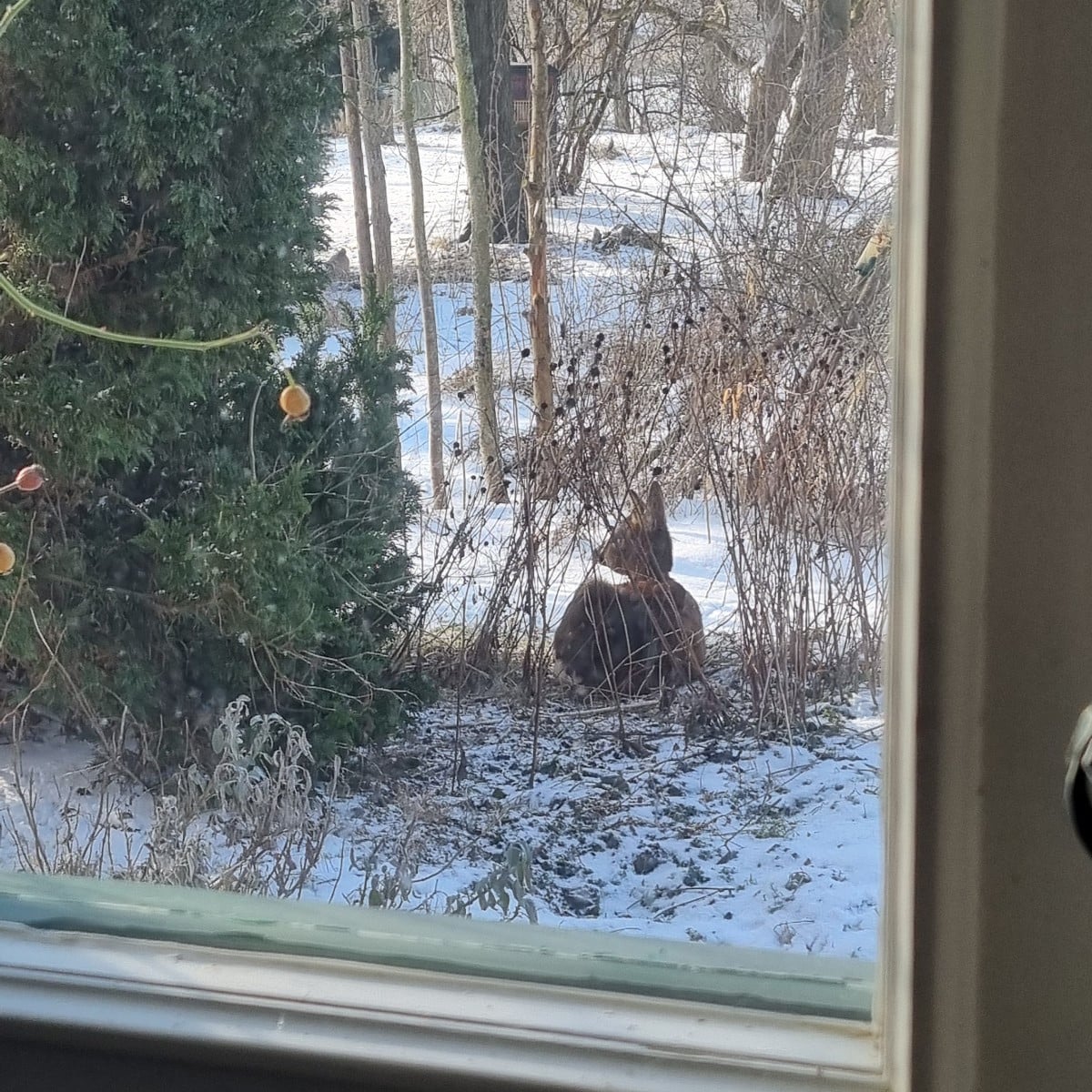
Liked 13 times
When you want to get a coffee and see who's taking a break in front of the kitchen door 😅. And in the background, Mr. and Mrs. Pheasant 🙂
Show 6 answers
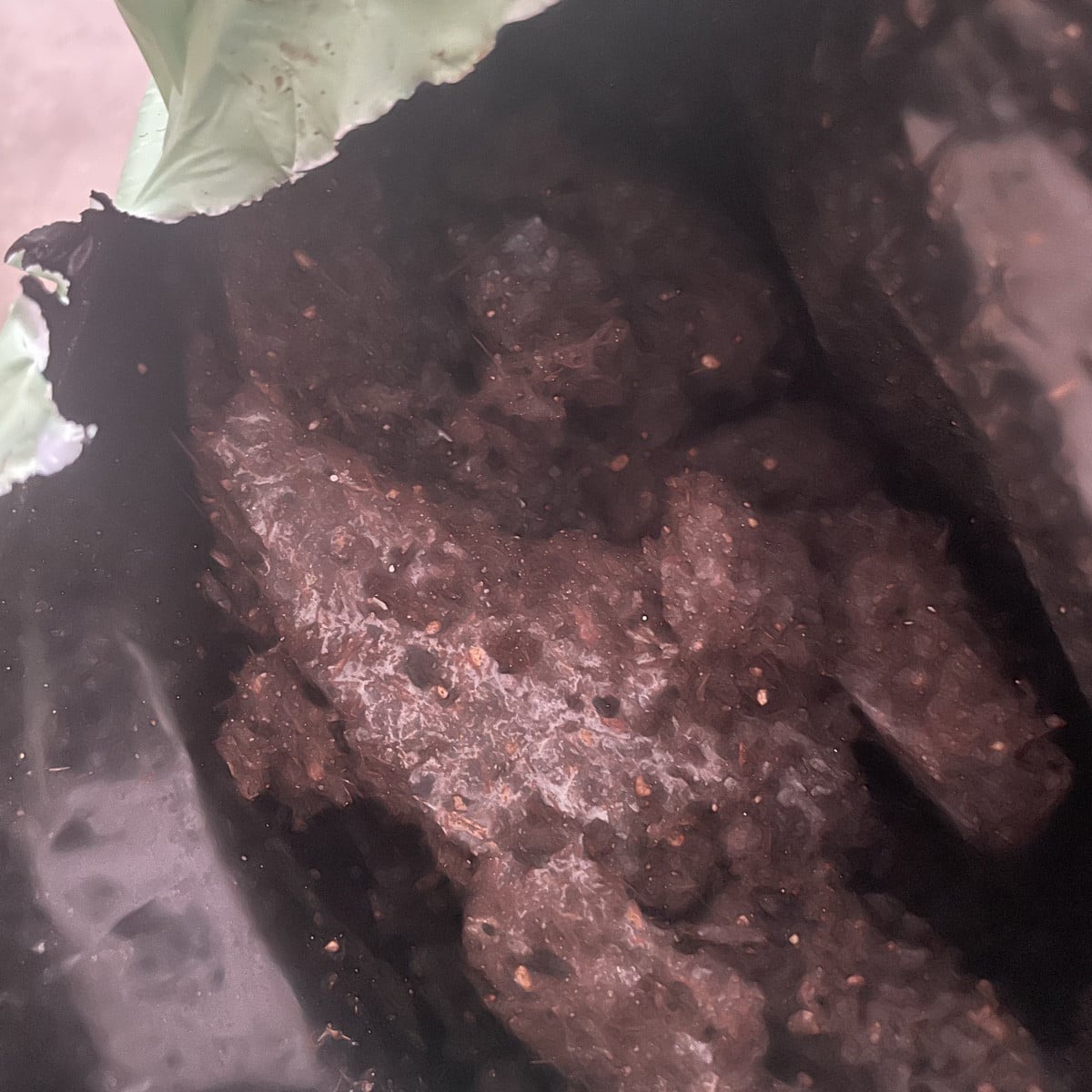
Liked 1 times
Good morning everyone, I wanted to start growing plants today. I bought a bag of potting soil from a local store. Yesterday, I opened it and found that the soil was completely wet and covered with a layer of white mold. I called the store (thinking I could just exchange the bag). She said I could use the soil if I let it dry thoroughly or put it in the oven at 60-70°C. Can I really do that without any concerns, or will the mold come back? It's a bit annoying that I bought a ready-made bag and now have to put in extra work to be able to use the soil. :/
Show 5 answersPopular Articles
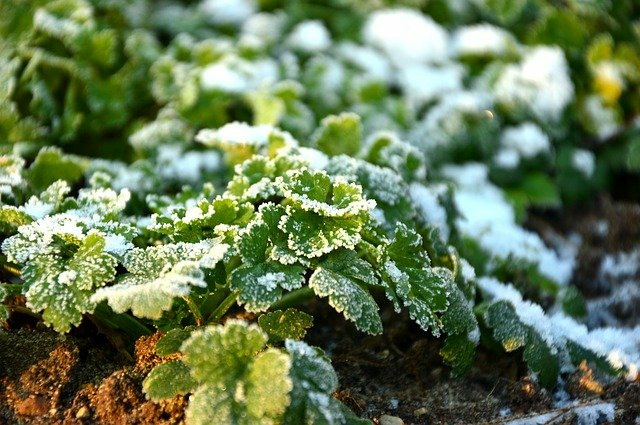
Overwintering Parsley: How to Do It Successfully
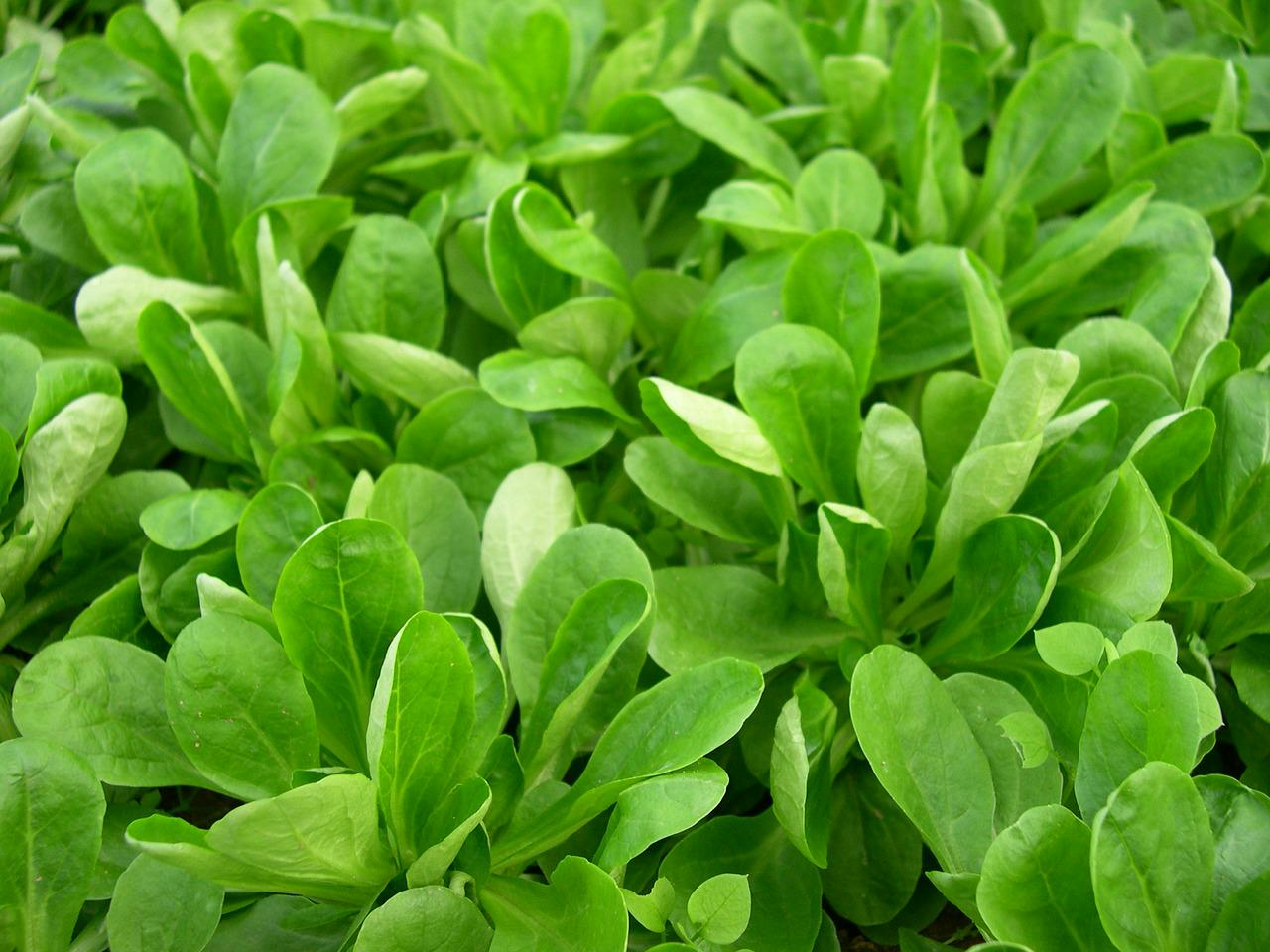
How to Grow Lettuce in Winter: Varieties, Sowing, Harvesting

Growing Sage Plant: Tips for Sowing and Harvesting
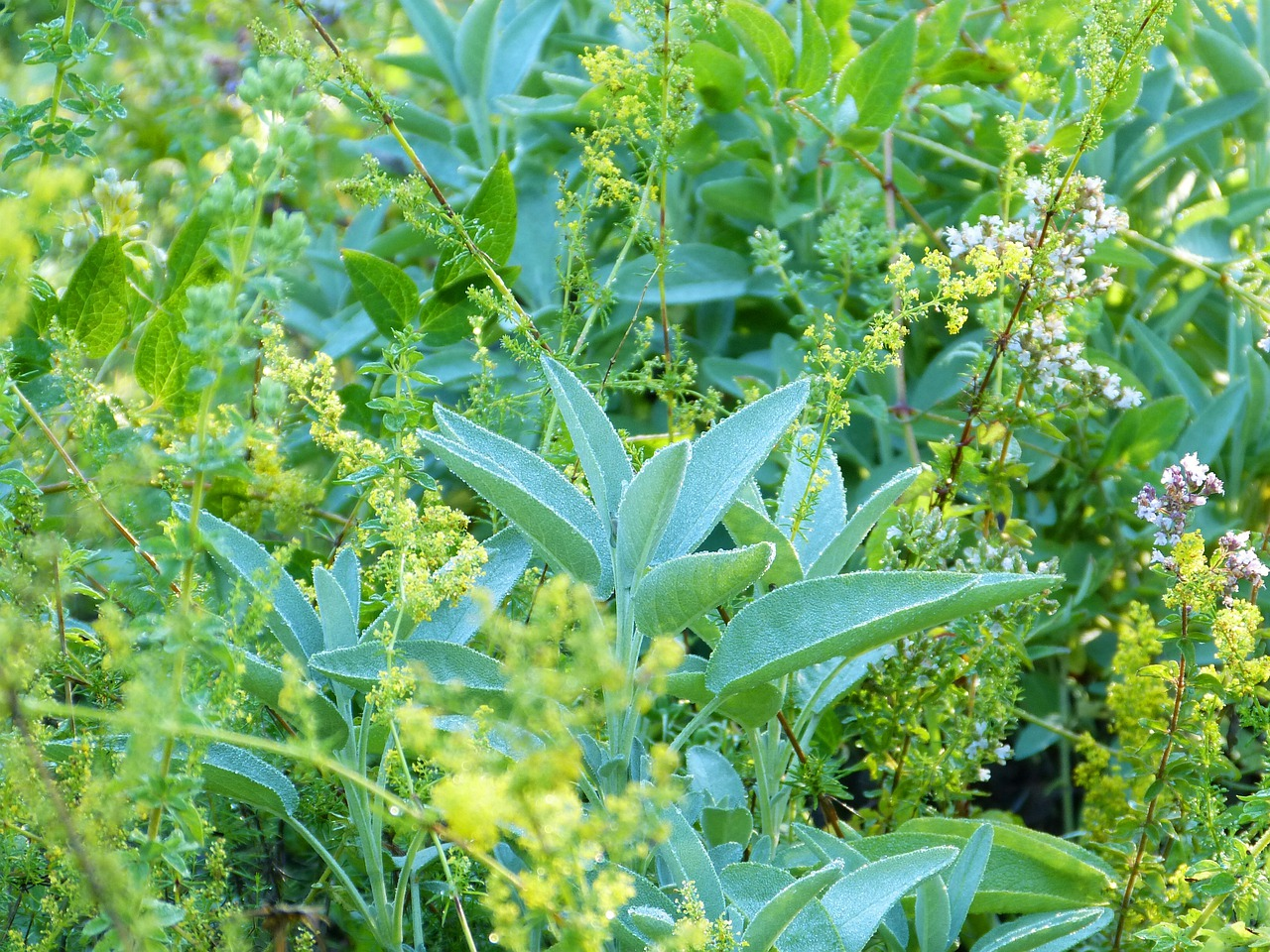
What Herbs Can Be Planted Together?
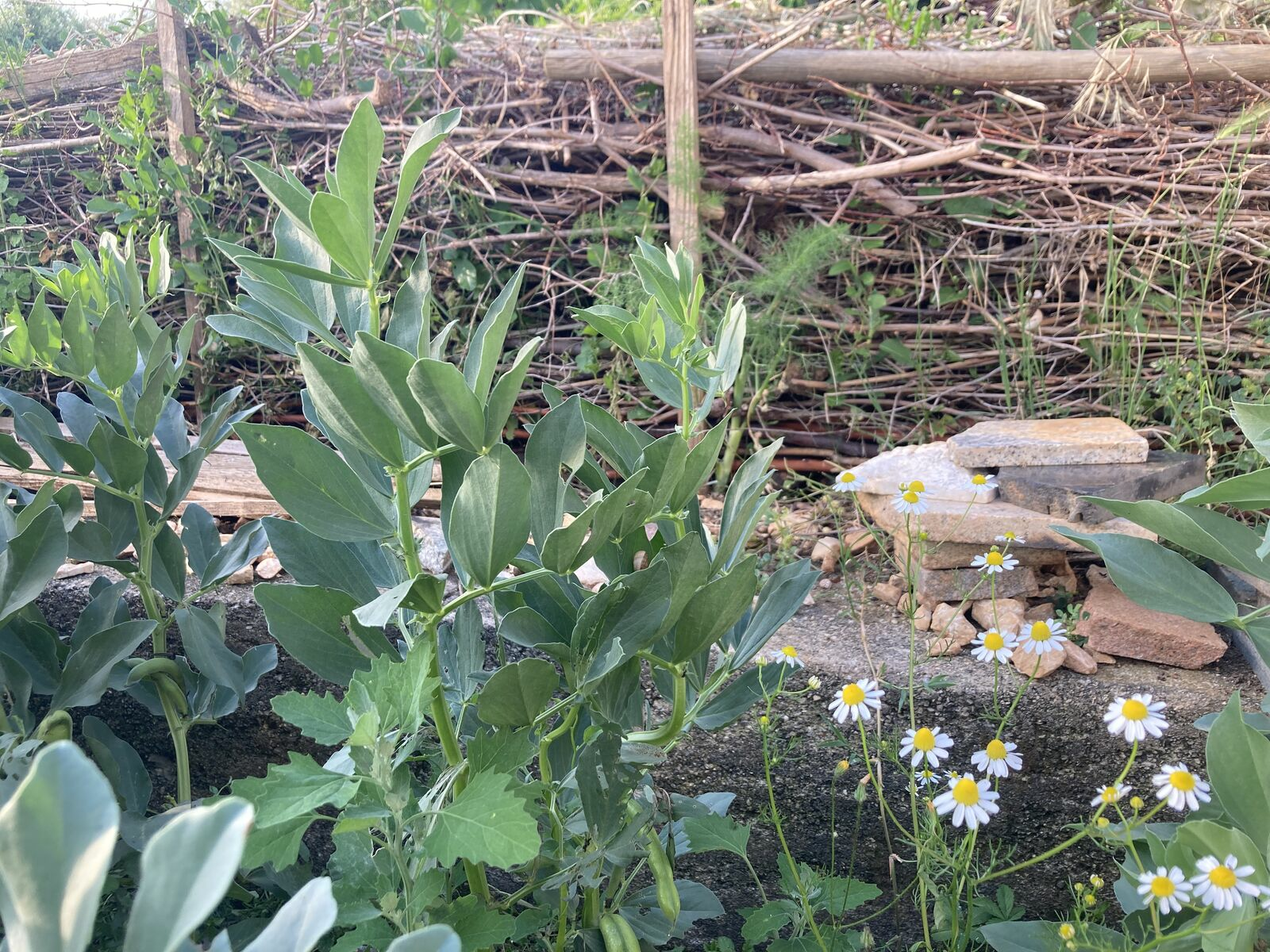
Create & Design a Permaculture Garden
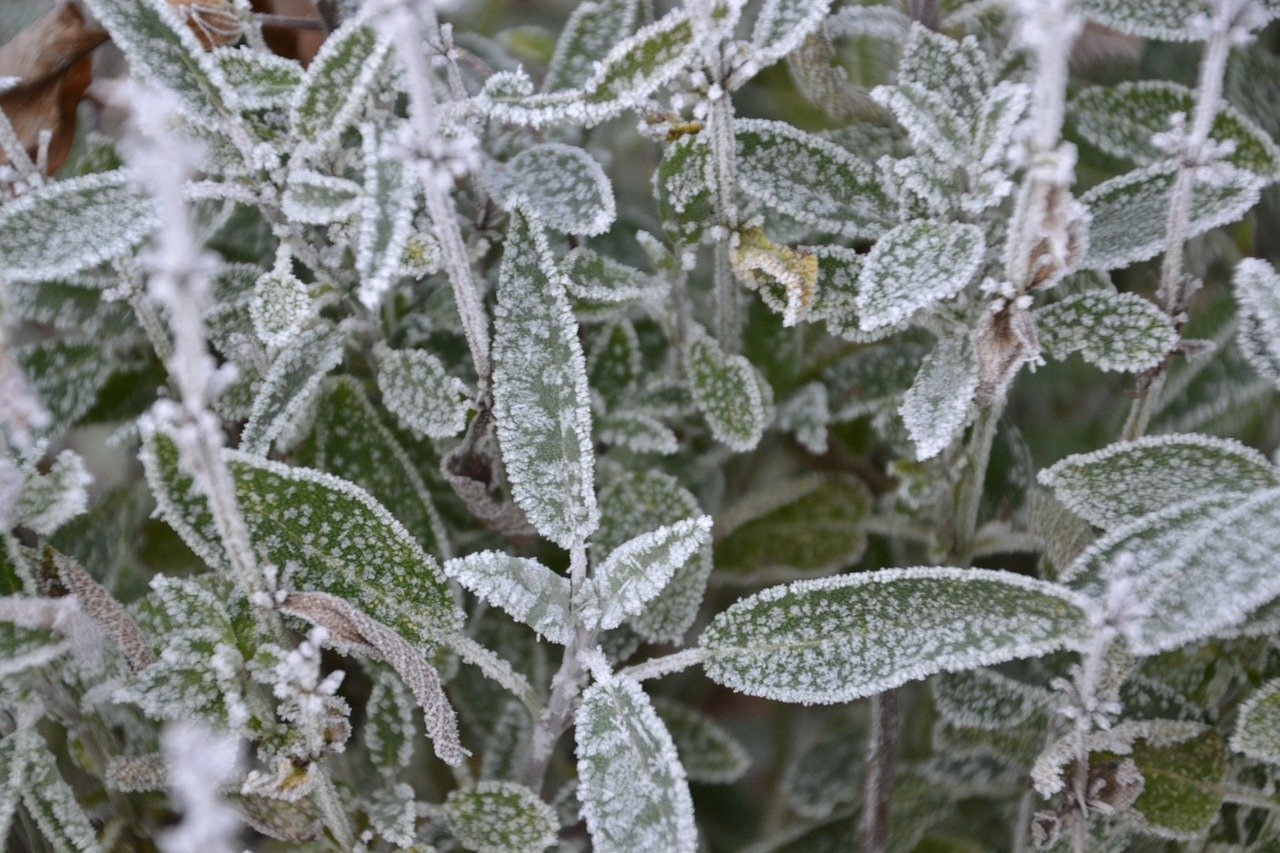
Overwintering Plants: Tubs, Pots and Raised Beds

Pruning, Fertilizing & Propagating Currants: Care Tips
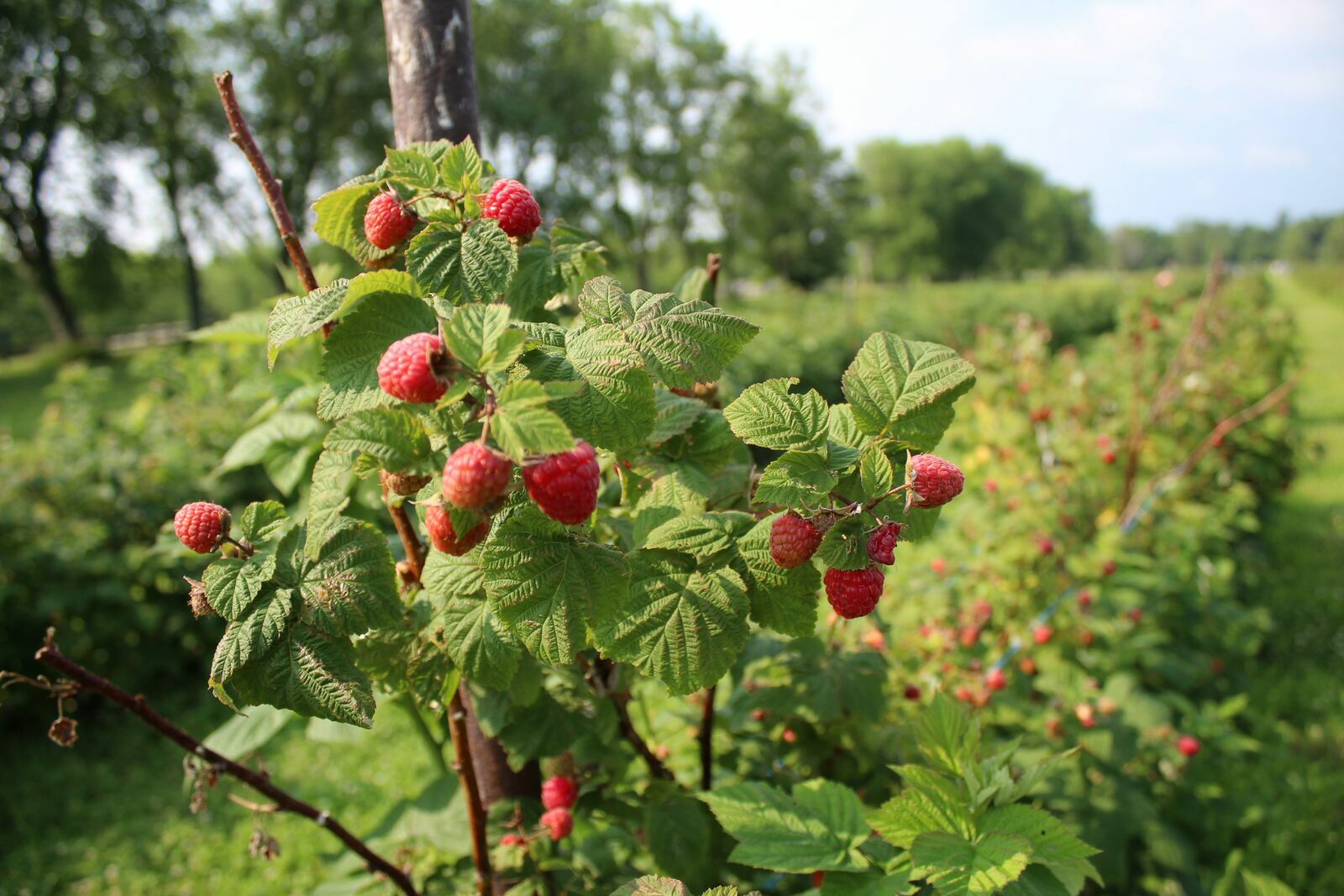
Pruning Raspberries: How to Do It
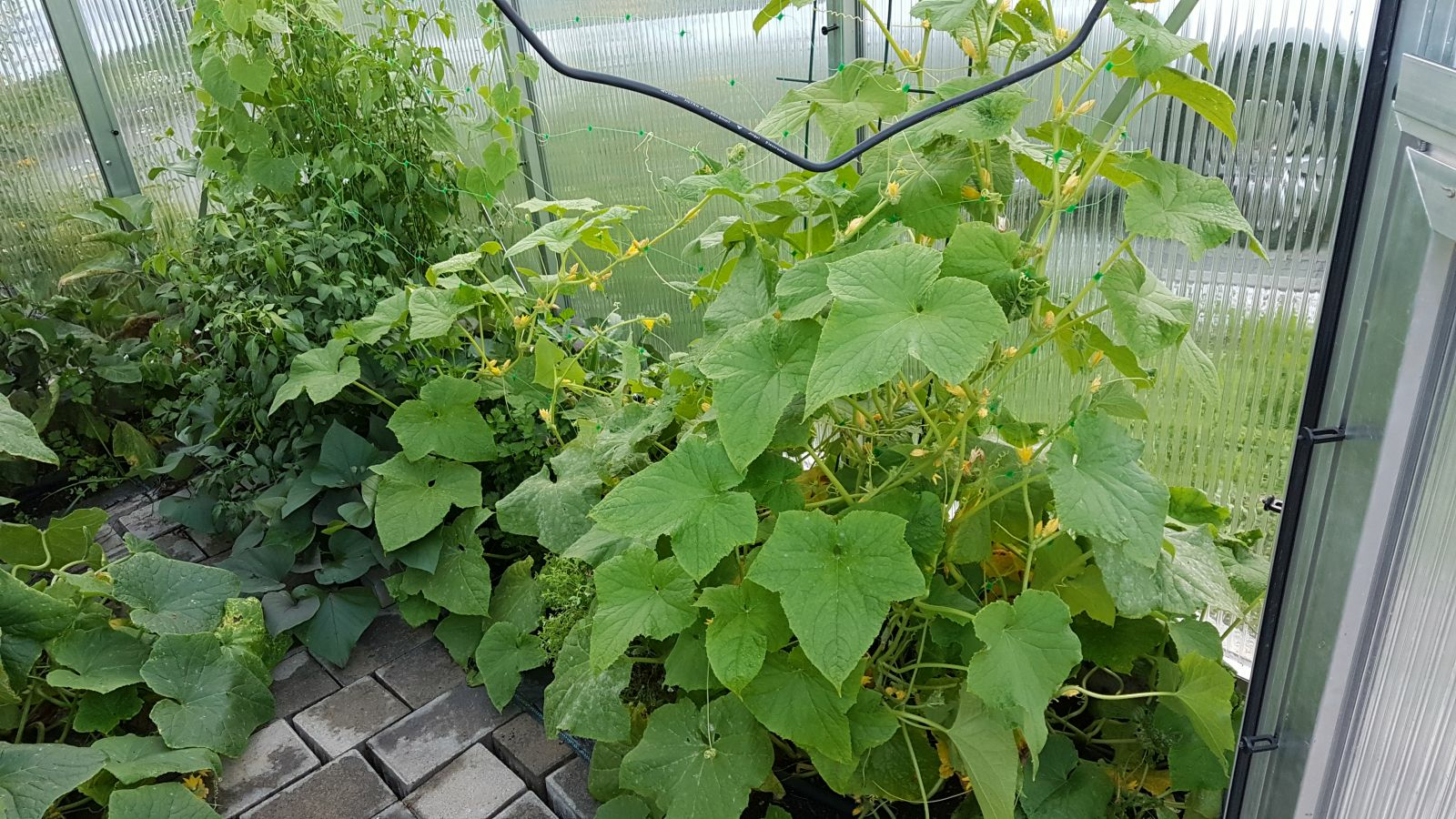
Vegetable Garden With Greenhouse: How to Use Greenhouse Effect
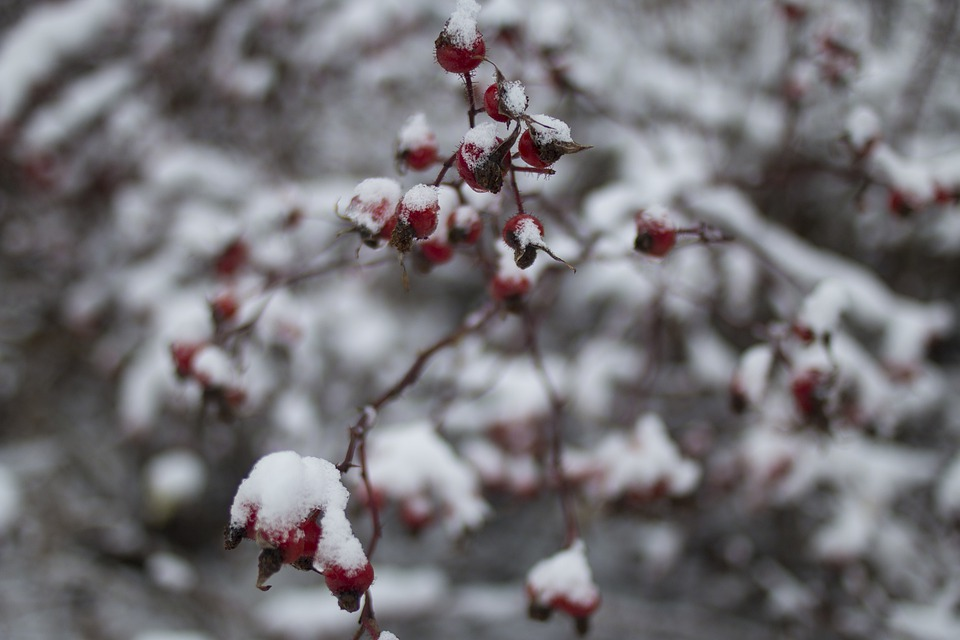
Winterizing Beds and the Garden: How to Do It